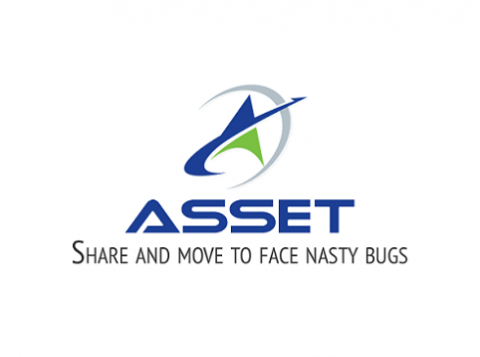Share and move… the ASSET project goals

Experience from the past taught us a lot about managing and communicating infectious threats. Indeed, the A(H1N1) 2009 influenza pandemic revealed a breakdown in the communication between decision makers, scientific institutions and the public. The milder than expected evolution of the A(H1N1) 2009 pandemic, notably, seemed to be a proof that the declaration of an emergency “had been drive” by economic interests. Many studies show that this event caused a loss of trust in health authorities and underestimate risks related to epidemics.
This communication failure led to several unwanted effects. For example, large parts of the population have neglected to take appropriate precautions, such as submit to vaccinations. On the other hand, the scientific community had neglected to consider popular feelings and also a lot of important information that should come from the population.
ASSET seeks to remedy to this dangerous situation.
In a few words, we can say that the ASSET (Action plan on Science in Society related issued in Epidemics and Total pandemics) main goal is to develop a comprehensive strategy for a better response to the threats posed not only by the pandemics but also, in general, by infectious diseases, through improved forms of dialogue and better cooperation between science and society.
ASSET combines public health, vaccine and epidemiological research, social and political sciences, law and ethics, gender studies, science communication and media. Its integrated, trans-disciplinary strategy, will take place at different stages of the research cycle, combining local, regional and national levels. The project will also identify necessary resources to make the actions after the project completion sustainable.
ASSET is a four-year Mobilization and Mutual Learning Action Plan (MMLAP) project funded by the European Commission. It started on January the 1st 2014 and will end on December the 31st 2017. ASSET involves 14 partners from 11 different countries and the perspectives developed by the project will flow into Horizon 2020.
People says: «There is often a feeling that the policy makers are not revealing, are not telling all that they know, there is always this sense of mistrust…». Reduce this mistrust and make sure there is transparency and that the people feel that they are partners in this process of dealing with infectious disease crises, is the very big challenge of ASSET project.
